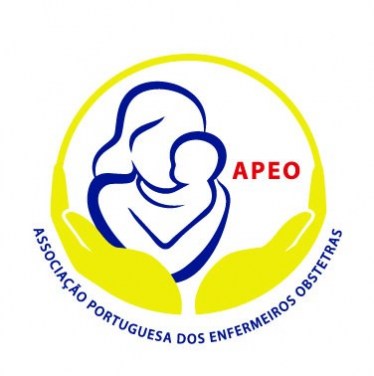
To ensure the integrity of the documents and the publication process, the Portuguese Journal of Midwives (PJM) takes allegations of misconduct seriously before and after publication. If misconduct is detected, PMJ will take the necessary measures to rectify the situation, issuing a correction or retraction, to ensure that compliance with the ethical standard is fulfilled by all parties involved.
Publishing articles in peer-reviewed scientific journals is essential to ensure scientific and knowledge evolution. It is also the recognition of the quality of the authors work and the institutions that support them. Thus, by publishing in PJM, authors must commit to scrupulously adopting high standards of ethical behavior throughout the process.
In this sense, the following ethical aspects must be respected by all parties in the publication process in PJM:
In particular, the different authors must respect the following obligations:

Revista Portuguesa de Enfermeiros Obstetras/Portuguese Journal of Midwives © 1998 by APEO/PAM is licensed under CC BY-NC-ND 4.0 ![]()
![]()
![]()
![]()
![]()
